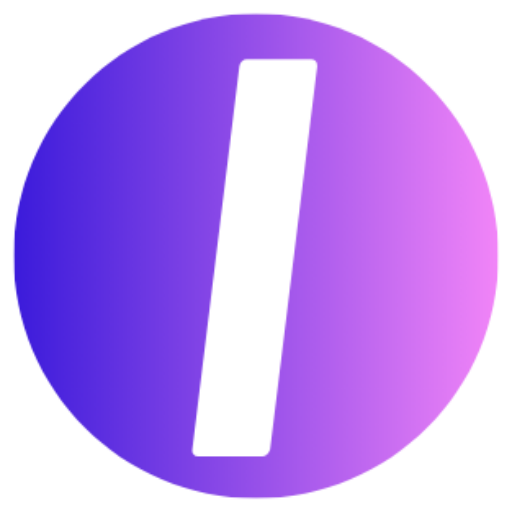Artificial intelligence (AI) is a rapidly evolving technology that has the potential to revolutionize the world as we know it. However, with great power comes great responsibility. It is crucial to regulate AI in a way that ensures it is safe, transparent, and beneficial to society.
Today, we will discuss the various ways we can regulate AI for the benefit of everyone:
1. Government Regulations
One way to regulate AI is through government regulations. Governments can impose laws and regulations that govern the development, deployment, and use of AI. For example, governments can require companies to adhere to certain ethical guidelines and ensure that AI systems are transparent and accountable. Governments can also regulate the use of AI in sensitive areas such as healthcare, finance, and national security.
2. Ethical Guidelines
Another way to regulate AI is through ethical guidelines. Ethical guidelines are a set of principles that guide the development, deployment, and use of AI. These principles can include transparency, accountability, fairness, and privacy. Ethical guidelines can be developed by industry associations, academic institutions, or other organizations. Companies can voluntarily adopt these guidelines to ensure that their AI systems are ethical and beneficial to society.
3. Certification
Certification is another way to regulate AI. Certification is a process that evaluates AI systems against certain standards. If an AI system meets these standards, it is certified as safe and reliable. Certification can be mandatory or voluntary, where mandatory certification is required by law, and voluntary certification is optional. Regardless, certification can provide assurance to consumers that the AI systems they are using are safe and reliable.
4. Industry Standards
Industry standards are a set of guidelines that govern the development, deployment, and use of AI. Such standards can include best practices, technical specifications, and guidelines. Companies can adopt these standards to ensure that their AI systems are safe, reliable, and beneficial to society.
5. Open-Source AI
Open-source AI is another way to regulate AI. Open-source AI is AI software that is developed and distributed under an open-source license. This means that the source code for the software is available to the public, and anyone can modify and distribute it. As a result, open-source AI can promote transparency and collaboration in AI development. It can also help to prevent the development of proprietary AI systems that may be harmful to society.
6. Public Awareness
Finally, public awareness is a crucial way to regulate AI. Public awareness involves educating the public about AI and its potential impact on society, and it also involves encouraging public participation in the development and deployment of AI. Public awareness can help to ensure that AI is developed and used in a way that is safe, transparent, and beneficial to society.
Conclusion
Overall, regulating AI is crucial to ensuring that it is safe, transparent, and beneficial to society. As you can see, there are several ways to regulate AI, including government regulations, ethical guidelines, and more. These approaches can work together to ensure that AI is developed and used in a way that benefits everyone. That being said, it is essential that we continue to develop and refine these approaches as AI technology continues to evolve. That way, we can continue benefiting from AI in various aspects of our lives, empowering us to enjoy a better, brighter future.
Influencer Daily is your-go source of trending stories to help you stay updated with the world. If you are looking for business and marketing articles, check out what we have for you!






